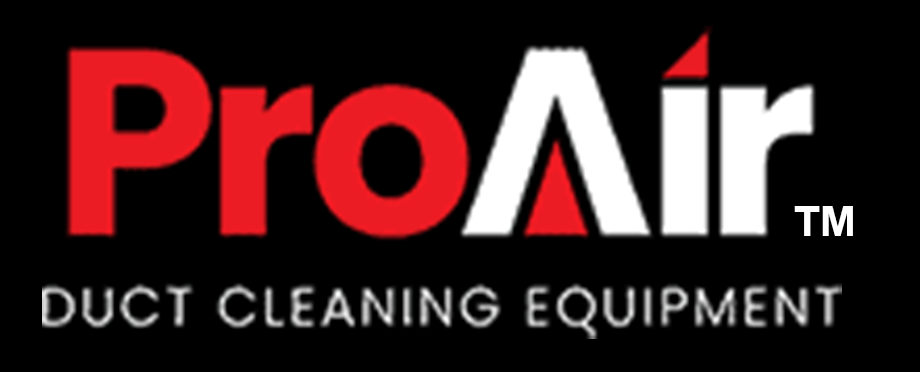Have you ever closely examined your HVAC filters while changing them? Or have you ever questioned which air filter is most appropriate for you? Or have you done some investigation on the HVAC system after your home got built? Then you must have stumbled upon the term MERV rating. You might not know what this term means precisely; worry not because we have got you coated with all the information.
MERV is an acronym used for Minimum Efficiency Reporting Value, and MERV rating is a measure of how effectively a filter captures particles from the air that passes through it.
In simple language, it’s basically, “how effective is your air filter?”
The higher the MERV rating, the more effective filter will be in catching airborne particles. But it’s not always as simple as the higher, the better. Another thing to consider is airflow through your HVAC system. Leaving your air filter grimy or using a restricted filter may result in lower airflow and it can cause the breaking down of the system. Then you may need air duct cleaning equipment for it.
Range of MERV rating:
MERV ratings range from 1-20. In residential HVAC systems, filters of 1-4 are common; some homeowners use filters with MERV ratings as high as 8 in normal households.
The higher the MERV rating on a filter, the lesser dust particles and other impurities can pass through it. ASHRAE, the American Society of Heating, Refrigerating and Air-Conditioning Engineers, designed the MERV scale to represent a filter’s worst possible performance at removing particles 0.3-10 microns in size.
Some of the common particles that filters are checked for include antigen, foreign substance, textile and fibers, endospore, dust, pet dander, bacteria, and tobacco smoke.
Most residential systems can decently remove contaminants in the air with a filter of MERV 7-12. MERV 13-20 is generally found in hospital and general surgery settings.
ASHRAE recommends MERV 6 or higher, while the US Department of Energy recommends MERV 13, and LEED recommends MERV 8 at a minimum.
What filters in MERV ranges are capable of filtering out of the air?
MERV 1-4:
These filters capture large particles like dust, dust mites, pollen, carpet fibers, insects, etc. They are primarily used in residential HVAC systems and can filter down to particles 10 microns in size.
MERV 5-8:
These filters are used in some homes and most commercial and industrial fields. They can catch finer dust particles, mold spores, aerosol spray particles, and pet dander and filter down to particles 3-10 microns in size.
MERV 9-12:
These filters are barely used in residences. They are used mainly in hospital laboratories and in certain commercial buildings. They can catch automotive emissions, welding fumes, lead dust, and larger bacteria and can filter down to particles 1-3 microns in size.
MERV 13-16:
These are heavy-duty filters and are commonly used in hospital surgical centers and other areas where heavy filtration is required, such as smoking lounges. They collect a larger range of bacteria, smoke particles, oil droplets, copier ink fumes, tobacco smokes, and fine particles of sneezing. They can filter down to particles 0.3-1 micron in size.
MERV 17-20:
These filters are used in cleaning rooms where pharmaceuticals and responsive electronic devices are produced. They can catch viruses, radon progeny, sea salt, carbon dust, and the smallest of smoke particles. They can filter down to particles less than 0.3 microns in size.
How does the MERV rating affect your indoor air quality?
Filters with high MERV ratings tend to upgrade your home’s indoor air quality. The right air filter can prevent diseases like asthma, eye irritation, headaches, rashes, and many other health issues. It also reduces dust in your home and keeps away biological growth from defacing your walls, furniture, etc.
How does the MERV rating affect your energy consumption?
Air filters with a high MERV rating require more energy to work well. If you are choosing a filter with a high rating, then it could raise your bills. Most air filters have MERVs ranging from 8-13. They don’t increase your energy bills as long as you change them regularly.
How does the MERV rating affect the condition of your HVAC system?
If you choose a filter with a higher rating than the one recommended for your HVAC system, it will decrease airflow and make you too warm or cold. So, before you choose an air filter, ask a professional which MERV rating will keep it working well and can escalate your comfort.
Conclusion
MERV rating measures how effectively the filter catches contaminants from passing through it. Choosing the right filter with a proper MERV rating is important to keep your home and air-cooling system functioning efficiently.
Learn about Air Duct Cleaning Equipment.

